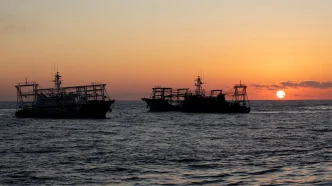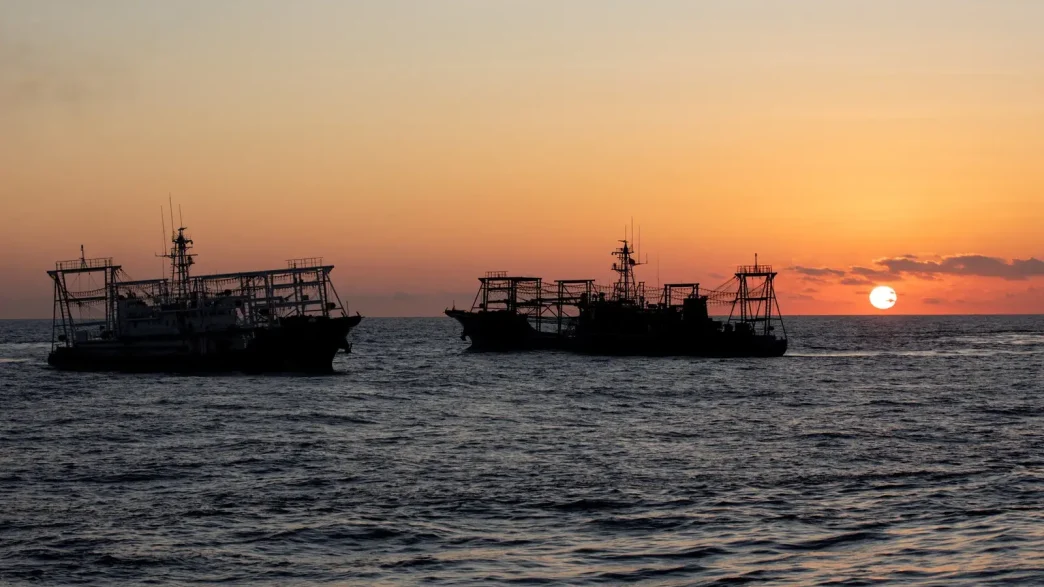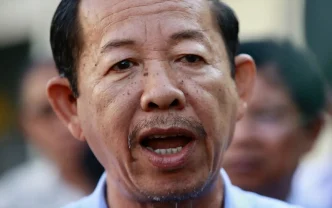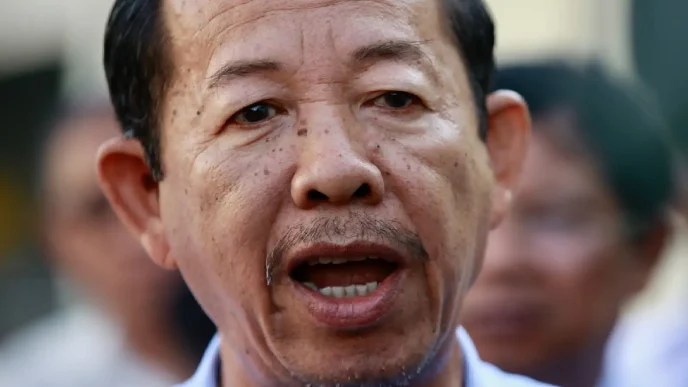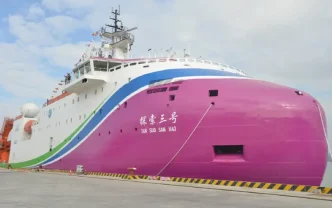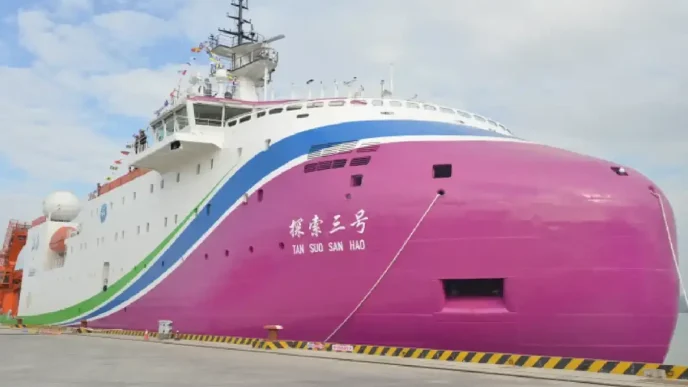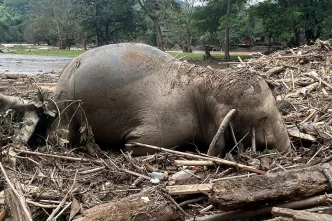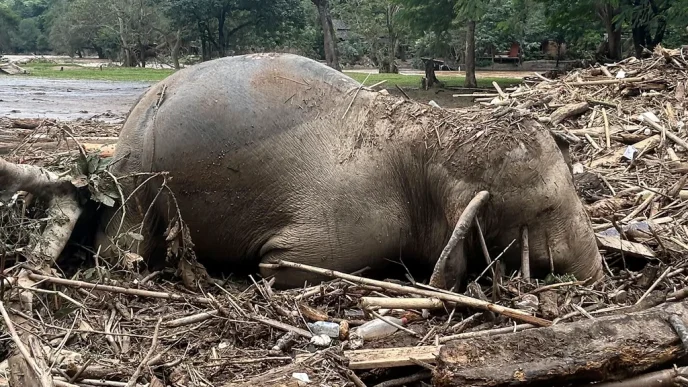The South China Sea is home to valuable oil and gas deposits and crucial shipping lanes. (Reuters pic)
HANOI: Vietnam today protested claims by China and the Philippines over a disputed reef in the South China Sea which it considers its own territory.
Manila and Beijing traded barbs last week over Sandy Cay, a group of small sandbanks in the waterway’s Spratly Islands, after a Chinese state media report suggested the area had been seized.
The Philippines and China have been engaged in months of confrontations over the South China Sea, which Beijing claims nearly in its entirety despite an international ruling that its assertion has no legal basis.
Today Vietnam’s foreign ministry spokesman Pham Thu Hang said in a statement posted on the government’s official website that Hanoi had “issued protest notes to the countries involved regarding violations of its sovereignty over Sandy Cay”.
Vietnam considers the resource-rich Spratly Islands – which lie some 500km off its east coast – as part of its territory.
Pham Thu Hang said that Vietnam demands “relevant parties” respect its sovereignty over the archipelago, urging them to “refrain from actions that further complicate the situation”.
Chinese state broadcaster CCTV said last week that the country’s coast guard had “implemented maritime control” over Tiexian Reef, part of Sandy Cay, in mid-April.
Days later the Philippine coast guard released its own photo showing Filipino sailors holding the country’s flag over the same disputed reef during an early morning mission the day before.
The Sandy Cay reef lies near Thitu Island, or Pag-asa, where the Philippines stations troops and maintains a coast guard monitoring base.
The South China Sea is home to valuable oil and gas deposits and crucial shipping lanes, and several of China’s neighbours have voiced concern that Beijing is seeking to expand its reach.
Vietnam, along with several other countries in the region, also claims parts of the strategic waterway.
